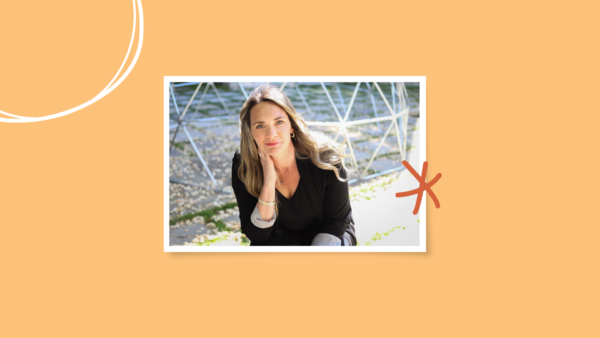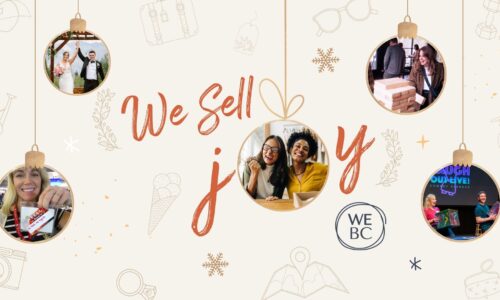Megan Bassendale, Forensic Guardians International, West Vancouver
West Vancouver
As a forensic archaeologist, Megan Bassendale spent her days in the field recovering and analyzing human remains to identify bodies and return them to their families. After starting a family, Megan founded Forensic Guardians International. Recognizing gaps in forensic tools and services, the business combines consulting services with innovative products to streamline the recovery and identification process for human remains. The primary focus is mass fatality events like forced migrations, wars, conflicts, plane crashes and natural disasters.
Forensic Guardians International (FGI) typically works with international organizations operating in the humanitarian or disaster management space. In addition, FGI has developed tools to support the identification of human remains, such as a digital tool to store biometric data for individuals at risk, like military personnel. FGI has also created digitally enhanced gravesite markers with tracking systems to address identification and recovery challenges for mass deaths and missing persons.
Megan discovered WeBC early in her entrepreneurial journey, learning about our services during a course at BCIT. Intrigued, she reached out, initially using the available resources and expert consultants to navigate potential business deals. Megan was directed to the Discovery Foundation’s Strategic Mindset Program and signed up to enhance her understanding of technology while learning from others.
Megan found the experience invaluable, describing it as enlightening and therapeutic. She appreciated the program’s focus on self-compassion and the realization that high performers need moments of grace. Reflecting on the importance of resources and networking, she expresses gratitude for the program’s impact on her business and personal growth.
Megan continues integrating insights from the program into Forensic Guardian, further innovating and expanding her business to address the evolving challenges in forensic anthropology and archaeology. She looks forward to joining future WeBC programs to enhance her business.
Client Q&A
Q: What were you doing before Forensic Guardians, and were you always interested in forensic science?
A: I was always really interested in investigation and puzzles. I like to think critically about how something got to be there and why. When I did my undergrad, it wasn’t on my radar to be a forensic scientist. That changed when I met professors working in the field collecting evidence for the ICTY tribunal in the former Yugoslavia.
I did a BA in archaeology, an MSc in forensic archaeology, another MA in Emergency Management, and a diploma in Forensic Medicine, Science and Law. During my career, I lived overseas for 25 years. We went to Bosnia, Cyprus, Georgia, Lebanon, and I covered most of central Asia.
One of the biggest successes was in Georgia and Abkhazia from the 1990s conflict, where we started a project that gave hundreds of families answers on what happened to their loved ones. It’s really fulfilling to know you’ve made an impact, and that’s what’s kept me in this line of work.
Q: Do you have any exciting projects that you’re working on?
A: Right now, we’re working on enhancing our digital tracking and data management app, Guard ID. This digital tool is attached to the grave markers and body tags. The app’s goal is to ensure that, regardless of an emergency or conflict, information about human remains can be captured easily, quickly and in a standardized and cost-effective manner. Our app captures information critical for investigations and chain of custody, making the identification process much more efficient. We have designed it for critical incidents to be used offline and in remote locations in multiple languages.
Q: What was your motivation for joining the Discovery Foundation’s Mentorship program, from WeBC?
A: It was driven by the technology aspect and the feeling that there were many other women entrepreneurs I could learn from. I wanted to see and understand what other people were doing or what other solutions people had for their businesses and to see where we could iterate these ideas into our line of work. I was excited to learn from other business owners who were in different industries and might have access to information from other fields.
Q: What important lessons did you learn taking the program?
A: One of the big things that came out of our group was having more self-compassion. There were a lot of high performers in my cohort, and many people were talking about burning out. We put everything into what we do and realize that we need to stop to reflect on how far we’ve come.
We talked about how important it is to give yourself a little bit of grace. Even if things don’t go as planned, you can take a moment and then go back and try something different. I think that often gets lost when you’re attempting to build something new and different. There’s so much that you don’t know that you can beat yourself up about, but you don’t have to.




